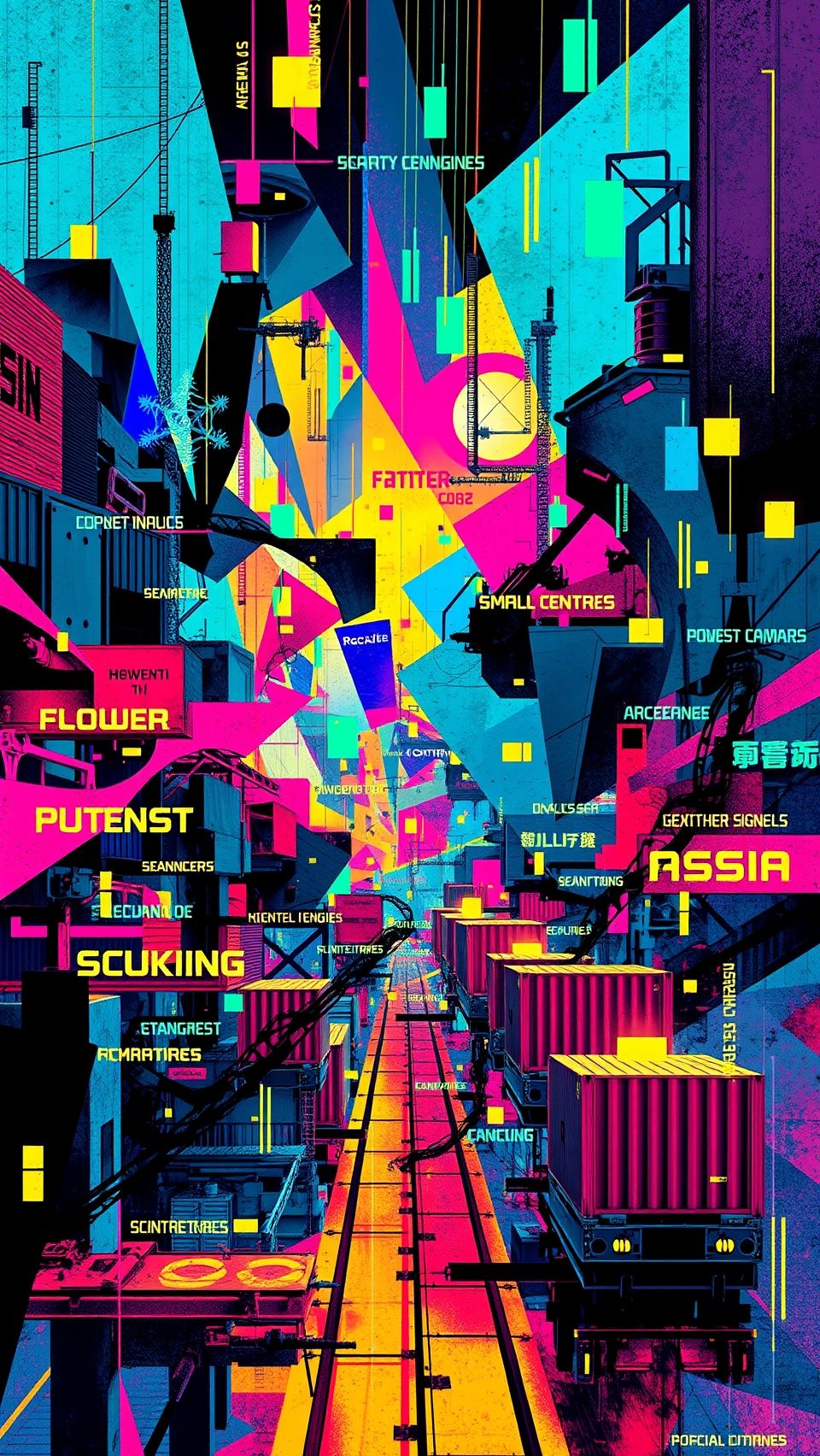Ai Pioneer Cohere Secures Historic 500M Funding Round Valued At 68B
Cohere, a Toronto-based enterprise genAI startup, has raised $500 million at a valuation of $6.8 …
28. July 2025

The Use of Chinese Engines in Russian Drones: A Complex Web of Sanctions and Supply Chains
Chinese engines are being covertly shipped to Russia via front companies to power drones used in Ukraine, labeling them as “industrial refrigeration units” to avoid detection in the wake of Western sanctions. This revelation has sent shockwaves through the international community, highlighting the challenges faced by Western governments in disrupting Russia’s supply chain.
The production of drones like the Garpiya-A1 attack drone involves a complex web of suppliers and manufacturers from different countries. The global nature of the supply chain network makes it difficult for Western sanctions to target specific companies involved in producing these drones. However, Russian weapons-maker IEMZ Kupol has found ways to circumvent these sanctions by using front companies.
Kupol signed a contract with the Russian defense ministry to produce more than 6,000 Garpiyas this year, up from 2,000 in 2024, according to internal documents reviewed by Reuters. The document also stated that more than 1,500 drones had already been delivered by April. This development is significant, as it highlights the challenges faced by Western governments in disrupting Russia’s supply chain.
The use of Chinese engines in Russian drones is not a new development. In October, the U.S. and E.U. imposed sanctions on several companies involved in producing the drones, including Xiamen Limbach. However, these sanctions have not been effective in stopping the production of the Garpiya. One reason for this is that many countries, including China, do not recognize the legitimacy of Western sanctions imposed on Russia.
China has taken steps to increase its own influence in Europe and other parts of the world, which may be contributing to the development of alternative supply chains. This shift highlights the need for more coordinated international efforts to address issues like these. The use of front companies to circumvent Western sanctions is a significant factor, as it allows Russian weapons-makers to continue production despite international pressure.
Beijing Xichao International Technology and Trade has started supplying the L550E engines to Kupol according to invoices, a Kupol internal letter and transportation documents reviewed by Reuters. However, it is unclear how Xichao obtained the engines from the maker Xiamen Limbach. The lack of transparency in this process raises questions about the effectiveness of unilateral sanctions.
The implications of these sanctions are complex and multifaceted. They highlight the challenges faced by Western governments in disrupting Russia’s supply chain and raise questions about the effectiveness of unilateral sanctions. The international community must take a closer look at these developments and work towards finding solutions that address the complex web of sanctions and supply chains involved.
As the situation continues to unfold, it is clear that the use of Chinese engines in Russian drones will have far-reaching implications for global security and trade. The international community must prioritize finding solutions to this issue, rather than relying solely on unilateral sanctions. By working together, nations can address the challenges posed by complex supply chains and ensure a more secure and stable world.
The European Commission has repeatedly imposed sanctions on companies in third-party countries, including China, alleged to have provided dual-use technology to Russia. Kupol has been sanctioned since December 2022 by the EU and December 2023 by the U.S. for its involvement in Russia’s defense sector.
The use of front companies to ship Chinese engines to Russia also raises questions about the legitimacy of Western sanctions. If these sanctions are not effective in stopping the production of sensitive equipment, what does this say about their value? It highlights the need for a more nuanced approach to addressing issues like these, one that takes into account the complexities of global supply chains.
The situation highlights the need for greater international cooperation and coordination when it comes to addressing issues like sanctions and supply chains. By working together, nations can find solutions that address the complex web of sanctions and supply chains involved. This requires a more holistic approach, one that prioritizes finding common ground and promoting cooperation rather than relying solely on unilateral action.
The use of Chinese engines in Russian drones is a significant development that highlights the challenges faced by Western governments in disrupting Russia’s supply chain. It also raises questions about the effectiveness of unilateral sanctions and the need for more coordinated international efforts to address this issue. The implications of these sanctions will be far-reaching, with significant implications for global security and trade.
As the situation continues to unfold, it is clear that the international community must prioritize finding solutions to this issue. By working together, nations can address the challenges posed by complex supply chains and ensure a more secure and stable world.